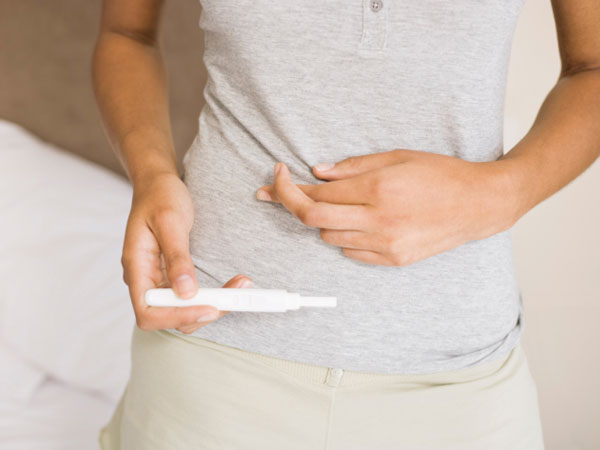Smokers are more likely to have fertility problems than nonsmokers. If you smoke for many years, or smoke many cigarettes per day, your risk for fertility problems is increased.
When you smoke, more than 7000 chemicals spread throughout your entire body and all of your organs. This can lead to fertility problems, including the following:
- Ovulation problems
- Genetic issues
- Damage to your reproductive organs
- Damage to your eggs or premature menopause.
- Increased risk of cancer and increased risk of miscarriage
In addition, smokers that try fertility treatments tend to take longer to get pregnant. Smokers are also more likely to give birth to babies with health problems.
Secondhand smoke can affect your fertility.
If you live with a smoker, encourage your loved one to stop. Secondhand smoke exposes you to poisonous chemicals, affecting your fertility. In fact, fertility experts say that secondhand smoke is almost as damaging to your fertility as if you were smoking yourself! Exposure to cigarette smoke for even just a few days can affect your health and your fertility.
Women with the highest levels of passive smoking – at least 10 years of living with a smoker in childhood, at least 10 years working with smoking colleagues, or at least 20 years living with a partner who smoked at home – were at 18% greater risk of infertility than those who had never been exposed to secondhand smoke.
An estimated 4000 compounds in cigarette smoke affect fertility and can negatively impact physiological processes such as hormone levels and embryo implantation.
Secondhand smoke is also a known cause of Sudden Infant Death Syndrome (SIDS). If you do become pregnant, you and your partner must stop smoking to protect the health of your baby.
If you are in the process of trying to become pregnant, we encourage you and those around you to stop smoking.






